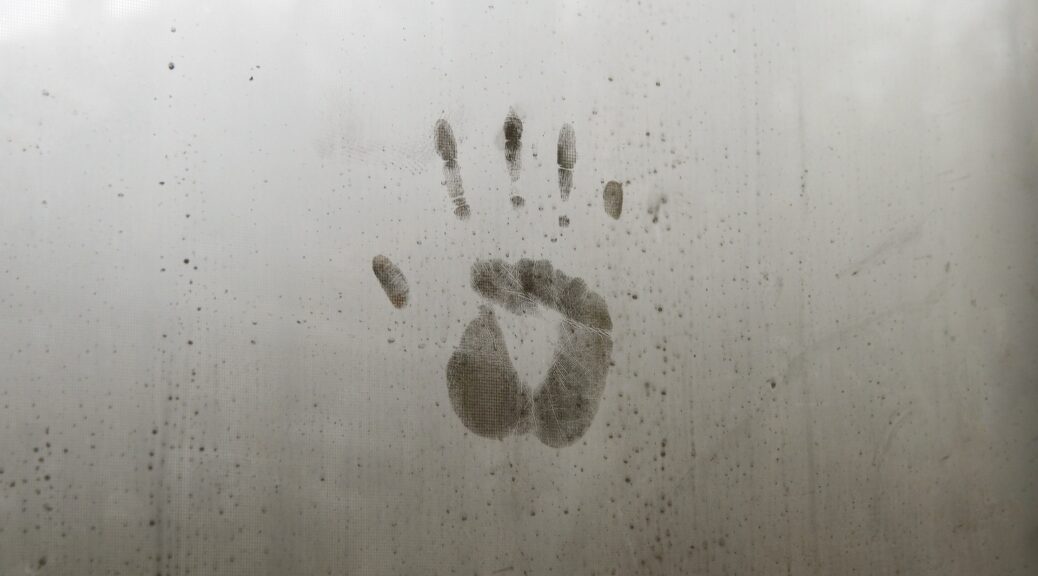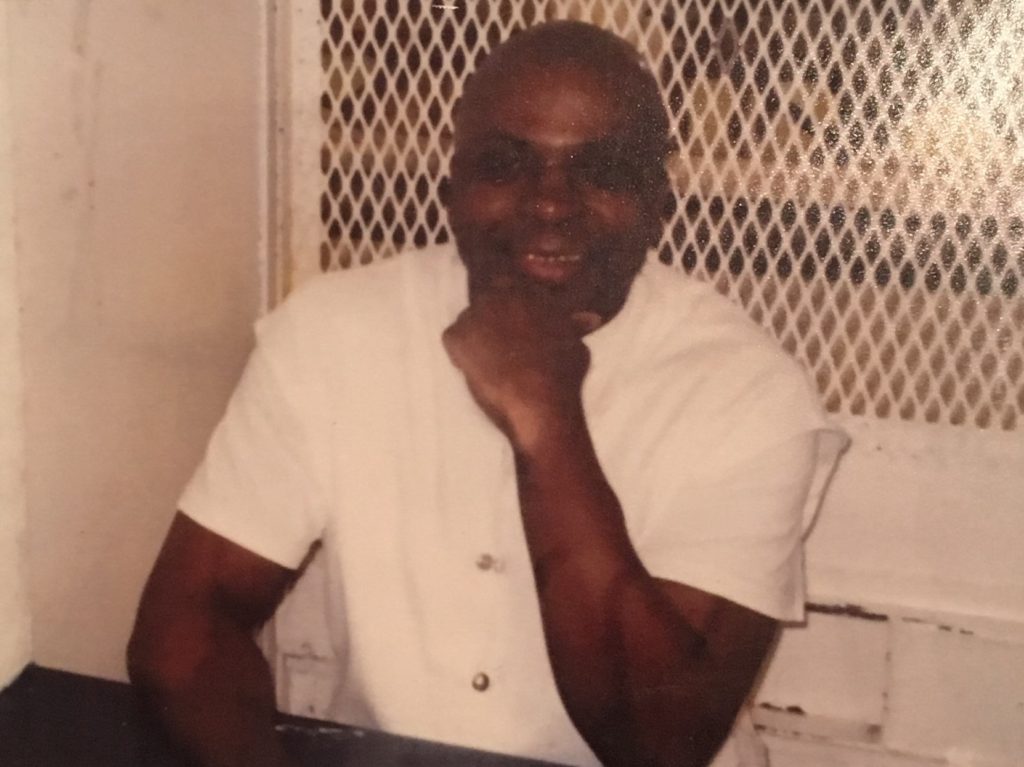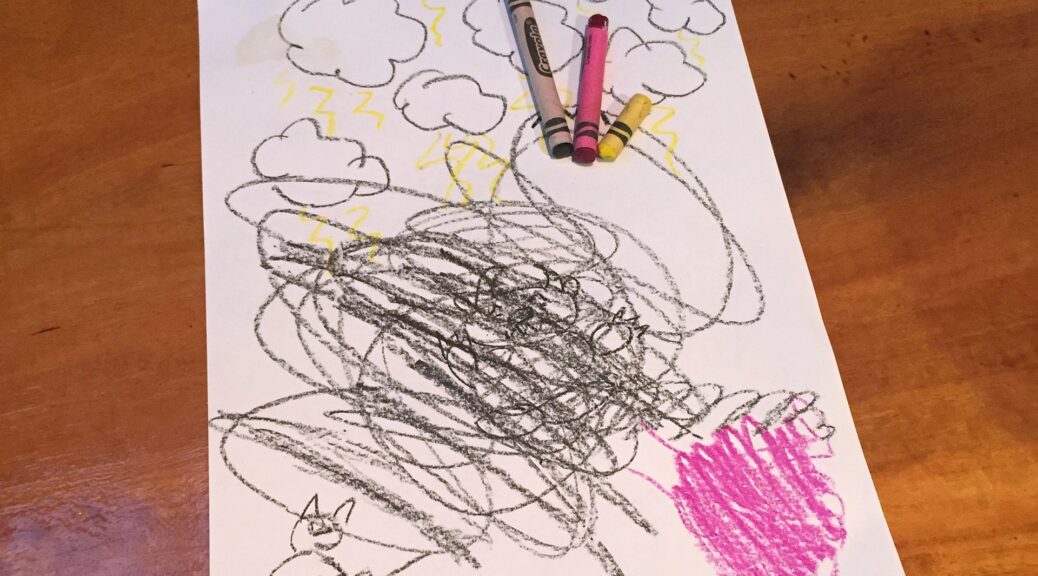Becoming incarcerated at seventeen meant a few things for me. In the state of Virginia it meant I could be tried as an adult and given an adult sentence. It also meant I could not be housed with the adults until my eighteenth birthday. That didn’t stop them from sending me to the adult jail though. It just meant I had to stay in solitary confinement for three months.
At my jail, solitary confinement had a nickname: The Yellow Brick Road. I was told it was called this due to the mustard yellow concrete floor in each cell. I once asked a guard why it was yellow. His response still echoes in my mind – “‘Cause we can see the blood better.” As a 17-year-old girl with no previous incarceration experience, his statement and the callous way he said it was shocking to me. What did he mean, ‘blood’? Whose blood? Why would someone be bleeding? I later found out that people often tried to commit suicide in the isolation units. Apparently it happened often enough that they spent money to paint the floors.
That yellow floor drove me crazy. I remember sitting at the door day-in-and-day-out peeling up the paint with my nails. By the time I left that cell there was a grey patch of concrete where I sat each day. I am sure they covered it with more disappointing yellow. I hope that the next person at least got to experience some relief in the concrete island I created.
Those first three months of my incarceration left a stain on my soul that I will never forget. I can recall the feelings of desperation, hopelessness, and loneliness anytime I summon up the memories. Being isolated at seventeen so suddenly and abruptly after being free just moments before left a mark on me that I think is unique to incarcerated juveniles. In that cell with the small slab of concrete and the covered window is where I celebrated my eighteenth birthday. I did decide to celebrate though. By this point I was indigent, but I had saved a Hostess cupcake and a bottle of Sprite from months before. I sang myself Happy Birthday and ate the last of my canteen.
Once I turned eighteen I thought I’d be able to move to general population. This wasn’t the case. Now they said they were keeping me in protective custody because my case was high profile. Well, as a teenager does, I listened to the advice of my peers, which in this case were other ladies in solitary. Through the doors they yelled and encouraged me to tell them I was having suicidal thoughts. They said I’d have to spend a few days in the strip cell but then they’d put me in population. Ashamedly, I followed their advice. Luckily, they were right. My foray into population was met with comments about everything from my body to my crime. I was so excited to have human contact again that it didn’t matter what they said. I was free.
Looking back, I believe that the true reason solitary confinement at the jail was called The Yellow Brick Road had little to do with the floor at all. More so I believe it was called that because of the psychological effect it left on those housed there. There’s really only one way to describe the thoughts that run through your mind while sitting alone and staring at that mustard stained floor. Click your heels hard Dorothy and stop thinking about how badly you want to go home.
ABOUT THE WRITER. I am excited to say Ashleigh has placed second in our most recent writing contest regarding solitary confinement. I think what makes her stand out is her unique style of honest creativity. She is a natural writer. I hope we continue to hear from her. Ashleigh can be contacted at:
Ashleigh Dye #1454863
Fluvanna Correctional Center for Women
144 Prison Lane
Troy, VA 22974
![]()





